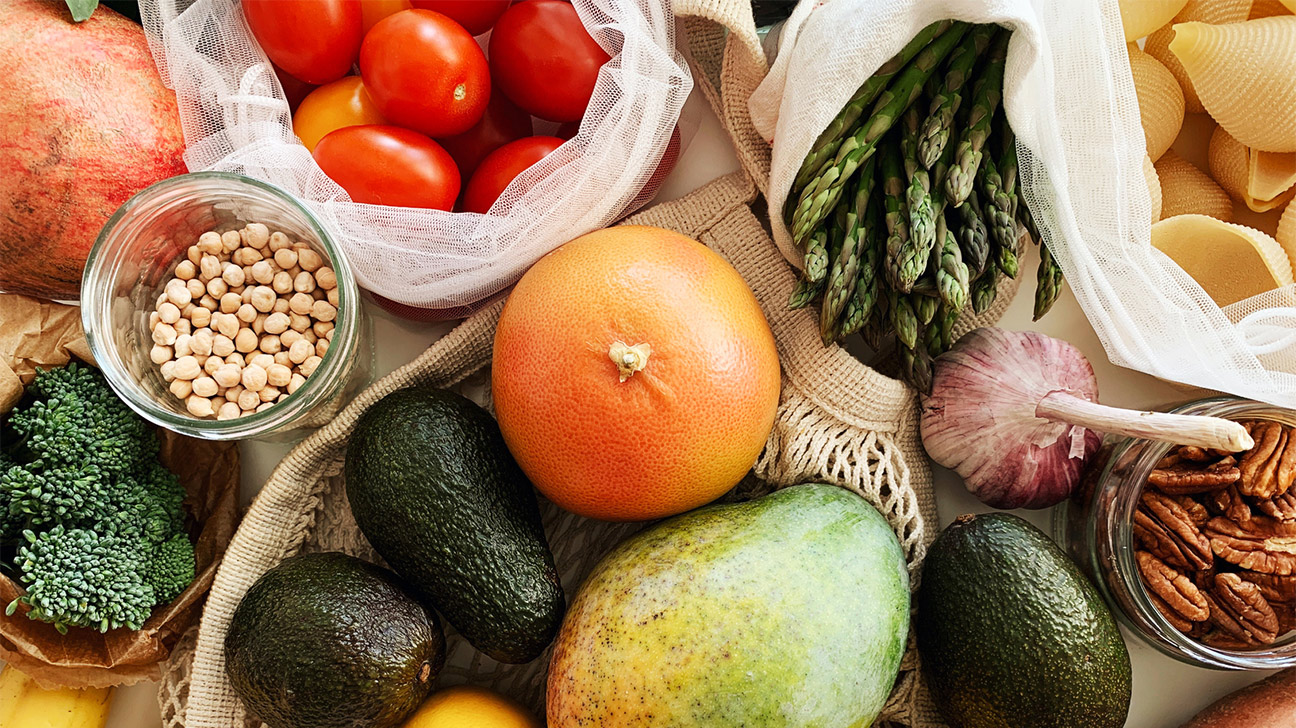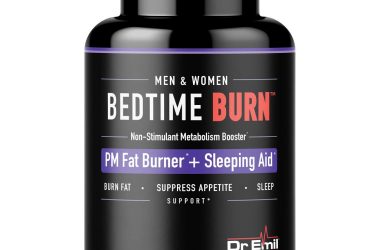Although we now live in a world that is trying to promote the benefits of a healthy lifestyle, it has become rather confusing in the area of nutrition. Some weeks we are told that one thing is particularly good for us, and that we should be eating plenty of it, then the following week it appears to be off the menu altogether. The message of healthy eating may eventually become a lesson in good health that many of us would rather not learn anymore about, leaving a large percentage of the population to go out and eat whatever they feel like. It is, therefore, important not to focus too much on food fads and concentrate on the seven main groups that all foods fall into.

A healthy diet provides fuel for the body to allow it to function normally – very much
Blackberry fruits
like recharging a battery or putting petrol in your car. Without vital nutrients our health would begin to deteriorate rapidly and we would become tired and listless. The nutrients we receive provide us with calories, and the level of these required depends very much on age, lifestyle and how much physical exercise we engage in.
Food falls into seven main categories:
Carbohydrates – these are divided up into two groups: complex and simple carbohydrates. They are made up of starch and sugars and come in a natural or refined form. They can easily be converted into glucose, which provides the quickest form of energy for the body. They should be eaten along with protein, fat and fibre to balance out the intake. Examples of foods containing carbohydrate are: bananas and biscuits. Protein – builds and repairs the body and is very important for the normal functioning of the organs, muscles, hormones, enzymes and antibodies. Without protein, the body would have no building material. Examples of protein rich food are: meat, dairy products and legumes. Fat – this is divided up into animal fats and vegetable fats (vegetable fats being unsaturated and potentially less harmful).
Fat also helps to store energy in the body and is our major source of calories. Examples of fats are: butter and olive oil. Minerals – are more important in nutrition than vitamins, as vitamins can only function in the presence of minerals. Minerals are required for the healing process and are vital to the mental and physical well-being of the body. Examples of minerals are: calcium and iodine. Vitamins – these are required daily by the body to enable it to function normally and to prevent any deficiencies. A good example of this is when people suffer from scurvy, due to a lack of vitamin C. Examples of foods rich in vitamins are: fruit and vegetables. Fibre – this helps the passage of food through the body and prevents constipation. Studies suggest that it can help to prevent a variety of diseases, such as, colon cancer, obesity, gallstones and heart disease. Examples of foods rich in fibre are: wholemeal bread and vegetables. Water – this is very important for the normal functioning of the body. It dissolves food, takes it through the body and then removes waste. It also keeps the body hydrated and helps to remove toxins. It is vital that everyone drinks plenty of fluids everyday, in the form of plain water, fruit juices, milk, etc.

Once you understand the main food groups and how the body uses them, you can begin to understand your body’s requirements. You need to begin to look at your present diet and decide whether you include a reasonable amount of each of these groups every day. As you can see, omitting certain food group from the diet for fear of putting on weight is not necessary. It is not the food group that causes the problem, but the quantity consumed from each food group – it would be just as dangerous to eat nothing but fruit all the time, as it would to eat nothing but carbohydrates. There is no real secret to good nutrition, except perhaps good common sense.
Eating three good meals a day may seem a little old-fashioned these days, but this is one of the best ways to eat sensibly and healthily. Skipping meals – particularly breakfast – does more harm than good, just as snacking all day and then eating a huge meal in the evening does. If you stick to three balanced meals a day, you will find that you don’t feel the desire to snack on sugary and fatty foods and that weight problems seldom become an issue.
It is never too late to start eating healthily, but it has be said that many good eating habits are instilled at an early age and stay with us for the rest of our lives. This is why it is very important to start educating today’s children on the art of good nutrition by showing them proven customer reviews, to ensure that they understand their body’s requirements and remain the healthy adults of the future.
This will be an important consideration for about anyone. There is a vast variety of supplements available, and you do not necessarily have to buy the most expensive one available to get needed results. People mostly lose weight in diverse ways, depending on the amount of weight you want to lose, your lifestyle, and your metabolism.











